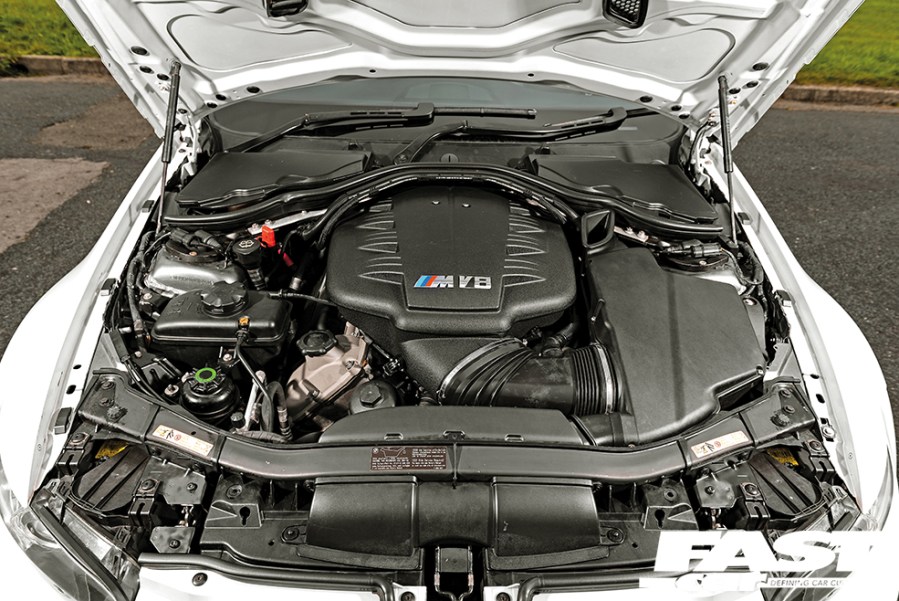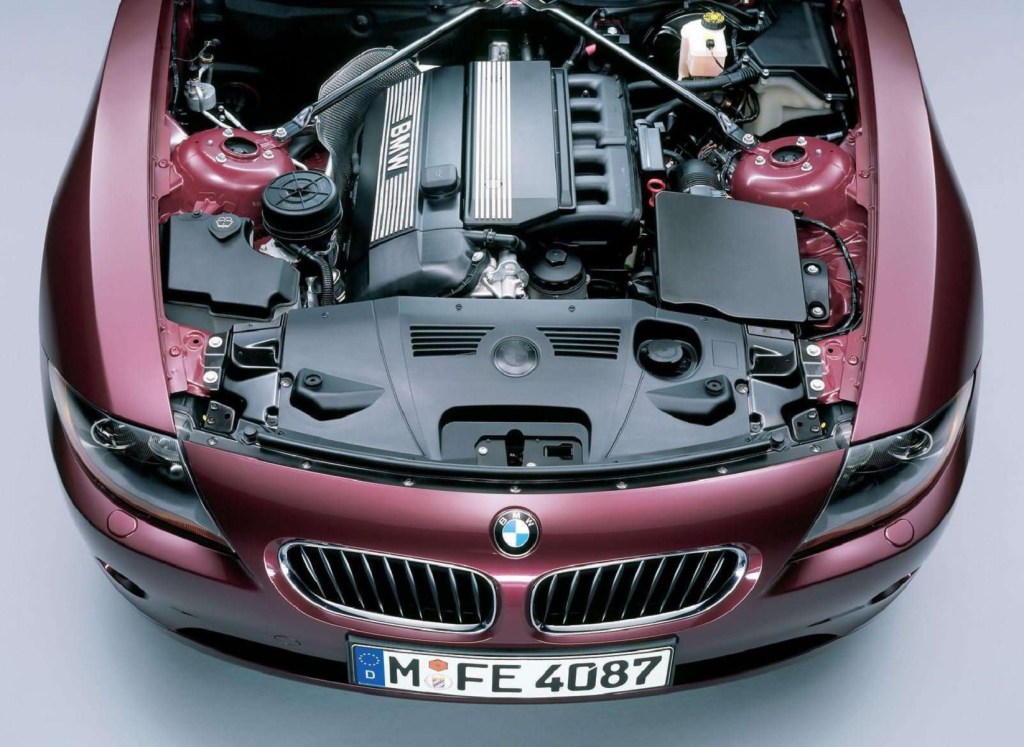A Beginner's Overview to Picking the Right BMW Engine for Your Requirements
A Beginner's Overview to Picking the Right BMW Engine for Your Requirements
Blog Article
Unveiling the Intricacies of Next-Generation Power Units: a Deep Dive Into Advanced Engine Designs and Developments
In the realm of vehicle engineering, the ruthless pursuit of efficiency, sustainability, and performance has actually thrust the advancement of power systems to unmatched heights. As we stand on the precipice of a new period in transport, the ins and outs of next-generation engine styles beckon us to explore the sophisticated modern technologies and advancements that guarantee to redefine the driving experience. From advanced products that press the boundaries of sturdiness and weight reduction to innovative turbocharging and turbo charging systems that raise power output to brand-new degrees, each part of these power systems holds an essential to unlocking the future of auto engineering. Delving much deeper into the worlds of discharge control, smart engine administration systems, and the horizon of power device advancement, we locate ourselves on the cusp of an improvement that promises to improve the landscape of movement as we understand it.
Evolution of Engine Materials

The change towards advanced engine materials has likewise allowed designers to make engines with higher power outcomes while preserving gas performance requirements. The use of light-weight products minimizes the total weight of the engine, leading to boosted gas economic situation and reduced exhausts. In addition, innovations in products modern technology have actually enabled far better thermal monitoring within engines, resulting in raised integrity and long life.
Turbocharging and Supercharging Technologies
Exactly How do Turbocharging and Supercharging Technologies transform engine efficiency and effectiveness in contemporary vehicles? Turbocharging and turbo charging are technologies that significantly boost engine performance by increasing the quantity of air intake right into the combustion chamber. Turbocharging attains this by using a turbine driven by exhaust gases to pressurize the consumption air, while supercharging makes use of a belt- or chain-driven compressor to achieve the very same impact.
These technologies make it possible for smaller, more fuel-efficient engines to create power equivalent to bigger ones, known as downsizing. By compeling more air right into the cyndrical tubes, turbocharging and turbo charging boost combustion efficiency, resulting in raised horsepower and torque result without a significant rise in engine size. This causes better acceleration, lugging capacity, and general driving efficiency.
Moreover, turbocharging and turbo charging add to enhanced gas efficiency by enabling the usage of smaller sized engines that consume less gas under typical driving problems - bmw engine. This combination of boosted performance and performance has actually made turbocharging and supercharging integral components of many contemporary engine styles
Exhaust Control and Environmental Effect
With raising worldwide worries relating to air quality and environmental sustainability, the execution of emission control innovations in automobiles plays an essential function in minimizing harmful pollutants released into the atmosphere. Modern cars are furnished with sophisticated exhaust control systems that help minimize the environmental impact of automotive operations. Catalytic converters, for instance, are developed to convert toxic gases such as carbon monoxide, nitrogen oxides, and hydrocarbons into less hazardous substances like carbon dioxide and water vapor.
Furthermore, advancements in engine technology, such as the integration of exhaust gas recirculation systems and discerning catalytic decrease, have actually substantially added to lowering emissions. These modern technologies operate in tandem to maximize combustion effectiveness and minimize the release of harmful toxins right into the air. Furthermore, the development of crossbreed and electric lorries stands for a vital step towards reducing the total environmental footprint of the transportation sector.
Intelligent Engine Monitoring Solution

Moreover, these systems enable lorries to satisfy stringent discharges standards without endangering performance, supplying a more eco friendly driving experience. The assimilation of man-made knowledge and artificial intelligence capabilities in engine monitoring systems remains to push the borders of what is possible, causing further enhancements in performance, reliability, and general vehicle performance. bmw engine. As vehicle technology developments, smart engine management systems will play a crucial function fit the future of transport towards a much more efficient and sustainable instructions
Future Trends in Power System Advancement
As smart engine monitoring systems pave the way for boosted control and optimization in modern-day lorries, future fads in power system development are positioned to redefine the landscape of automobile basics propulsion technologies. These alternative power sources use boosted performance and efficiency while aligning with rigid environmental regulations.
Another considerable fad is the integration of advanced products and producing strategies. Light-weight products such as carbon fiber and light weight aluminum are being utilized to reduce overall lorry weight, improving fuel efficiency and efficiency. Furthermore, developments in 3D printing and additive manufacturing are making it possible for the manufacturing of complex engine parts with greater precision and resilience.
Furthermore, man-made knowledge and artificial intelligence are playing a crucial function in optimizing power device performance. These modern technologies permit real-time monitoring and flexible control, leading to extra efficient and reliable power distribution. In general, future fads in power unit growth are geared towards sustainability, efficiency, and performance, driving the automotive sector towards a new period of propulsion innovations.

Final Thought
In final thought, the advancements in engine products, turbocharging, exhaust control, and intelligent administration systems have actually led the means for next-generation power units. The intricate layouts and technologies in modern-day engines display the ongoing development of automotive innovation.
Checking out the progressive improvements in engine products has actually been essential in enhancing the efficiency and efficiency of contemporary engines. Over the years, the evolution of engine materials has played an important role in pressing the boundaries of what engines can achieve.The change in the direction of advanced engine products has likewise made it possible for straight from the source designers to make engines with higher power outputs while preserving gas performance criteria.The execution of intelligent engine monitoring systems in modern-day cars has changed the means engines are regulated and enhanced for performance and efficiency. By collecting information in real-time and examining it with sophisticated check out here formulas, smart engine administration systems can adjust to driving designs, environmental factors, and engine health to make the most of power output while reducing fuel consumption and discharges.
Report this page